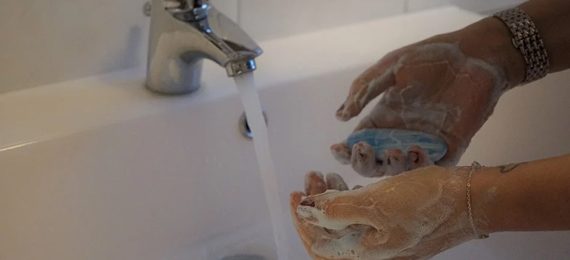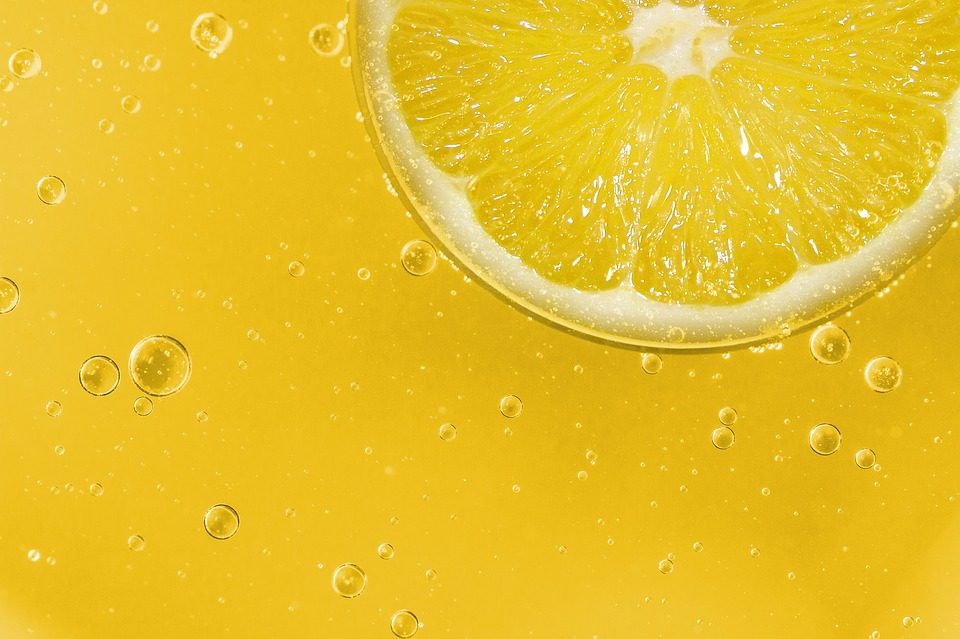On October 9, 2020, researchers in Japan found that SARS-CoV-2 or Coronavirus can survive on the skin for 9 hours which is much longer than the influenza virus! The influenza virus (IAV) may linger on human skin for almost two hours.
Novel Coronavirus Can Survive on Skin for 9 Hours: A Study
This recent study published in the journal Clinical Infectious Diseases discovered that both COVID-19 and flu viruses were swiftly inactivated on the skin with a hand sanitizer and also tested that using sanitizer can prevent the spread of Covid-19. The study also assessed the disinfection effectiveness on the skin of 80 percent ethanol against IAV and SARS-CoV-2.
This recent study analyzes the stability of the virus that causes Covid-19 on human skin. Scientists from the Kyoto Prefectural University of Medicine compared the survival times of both the COVID-19 and influenza A (flu) virus. These researchers also found that the stability of SARS-CoV-2 on human skin remains unknown, the viral exposure can be hazardous to humans.
Researchers wrote in the journal, “We generated a model that allows the safe reproduction of clinical studies on the application of pathogens to human skin and elucidated the stability of SARS-CoV-2 on the human skin.”
These scientists don’t want to put humans in danger so they applied samples of the COVID-19 and influenza virus to human skin gathered from autopsy specimens who died 24 hours ago. The study found Coronavirus survived for 9.04 hours on that skin whereas the influenza A virus survived for 1.82 hours.
The researchers stated in the journal, “The nine-hour survival of SARS-CoV-2 on human skin may increase the risk of contact transmission in comparison with IAV, thus accelerating the pandemic. Proper hand hygiene is important to prevent the spread of SARS-CoV-2 infections.”
Researchers combined samples with mucus to mimic a cough or sneeze. As a result, influenza A lasted for 1.69 hours, and the COVID-19 virus lasted for 11.09 hours. The mucus was taken from three people with upper respiratory tract infections.
The study said both viruses were “completely inactive” within 15 seconds of applying ethanol.
One restriction of the study, researchers stated, was that they were allowed to use only one strain of COVID-19 virus and one strain of influenza virus. The SARS-CoV-2 virus is known to survive even longer on non-living surfaces.
The National Institutes of Health published a study in March that the Coronavirus can survive up to four hours on copper, 24 hours on cardboard, and 72 hours on stainless steel. The virus can last for almost 3 hours in the air, according to NIH.


















